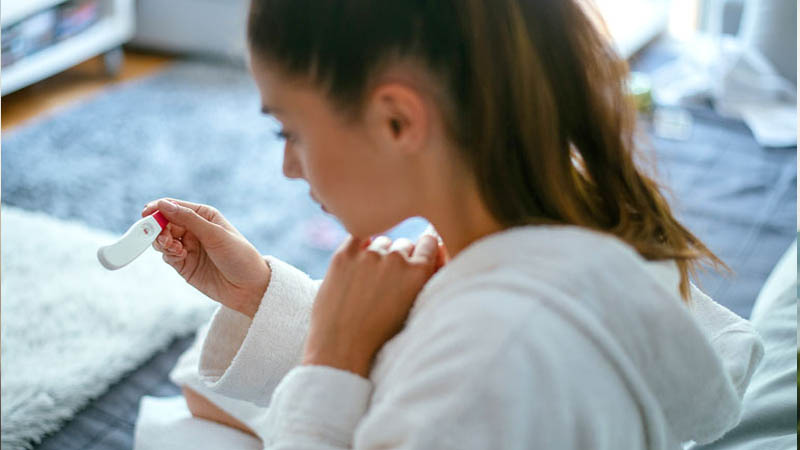 1: Is it your birth control?
1: Is it your birth control?
Hormone-based birth control often comes with side effects that can range from slightly annoying to bad enough to make you switch.
You may not know what you can tolerate until you’ve given a couple of them a try.
But here are some solutions for the most common problems.
2: Headache, Dizziness, Breast Tenderness
Be patient.
These side effects seem to go away after you’ve been taking the Pill for a while,” says Hilda Hutcherson, MD, an ob-gyn professor at Columbia University, in New York.
If they don’t, switching brands may help.
3: Nausea
This reaction will probably go away in a couple of months.
If it doesn’t and you’re using oral contraceptives, try taking them with food.
If you’re using the ring or the patch, you might need to switch methods.
4: Breakthrough Bleeding
“I think this is the side effect that drives women crazier than any other side effect,” says Dr. Hutcherson, because it’s so unpredictable. Taking the Pill at precisely the same time every day may help. The bleeding occurs specially with shots, the mini-Pill, and the implant—the progestin-only methods—as the lining of the uterus is so thin that it sometimes sloughs off a little bit. (On the upside, this also makes your periods lighter and sometimes causes them to disappear entirely.)
Talk to your doctor if you’re concerned about spotting. “You can sometimes add an anti-inflammatory such as ibuprofen, or occasionally you can add a little estrogen,” says Anne Foster-Rosales, MD, chief medical officer for Planned Parenthood Golden Gate.
5: Decreased Libido
Try a different formulation if you experience this side effect.
“For some women, if you change the Pill to one that’s more androgenic (testosterone-like), the libido comes back,” says Dr. Hutcherson.
If this too doesn’t work, find another method altogether.
6: Mood Swings
If it’s really the birth control and not some other factor that’s bringing you down, you may need to find a nonhormonal method.
“In my experience, if a woman has depression with one pill, switching (formulations) usually doesn’t help,” says Dr. Hutcherson.
All hormonal methods are likely to cause the same problem. For some patients who really want to stay on the Pill, Dr. Hutcherson sometimes prescribes an antidepressant as well, with good success.


